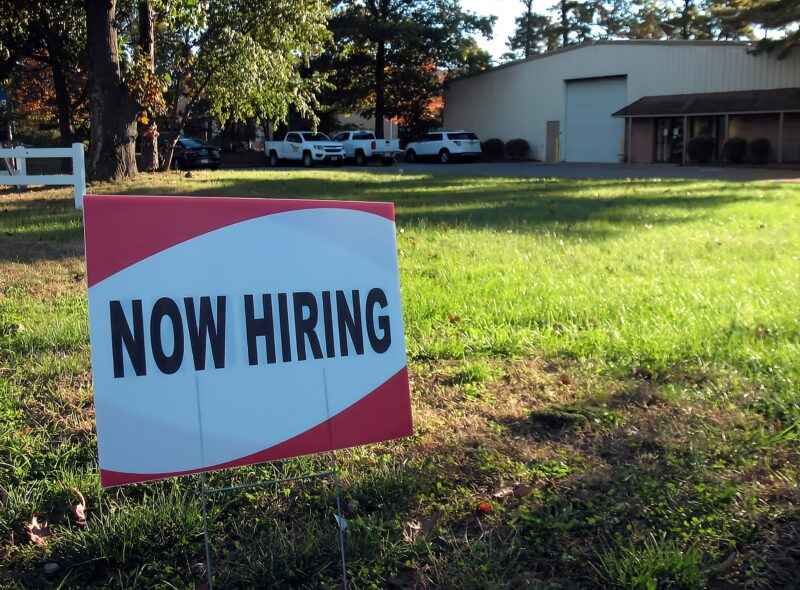
The current global economic slowdown is likely to force more workers to accept lower and poorly paid quality jobs, said a new International Labour Organization (ILO) report on Monday.
The ILO’s World Employment and Social Outlook: Trends 2023, projects that global employment growth will be only 1.0% in 2023, which is less than half the level in 2022, forcing people to jobs which lack job security and social protection.
“Global unemployment is slated to rise slightly in 2023, by around 3 million, to 208 million (corresponding to a global unemployment rate of 5.8%). The moderate size of this projected increase is largely due to tight labour supply in high-income countries,” said the organisation in a press statement.
The organisation said that both Africa and the Arab States will witness employment growth of around 3% or more in 2023. However, the ILO said that with their growing working-age populations, both regions are likely to see unemployment rates decline only modestly: from 7.4 to 7.3% in Africa and 8.5 to 8.2% in the Arab States.
“The slowdown in global employment growth means that we don’t expect the losses incurred during the COVID-19 crisis to be recovered before 2025,” said Richard Samans, Director of the ILO’s Research Department and report coordinator.
“The slowdown in productivity growth is also a significant concern, as productivity is essential for addressing the interlinked crises we face in purchasing power, ecological sustainability and human well-being,” added Samans.
In addition to unemployment, the ILO wrote,“job quality remains a key concern.” The report said that despite the continuous shortage of better job opportunities it is likely to worsen.
“The current slowdown means that many workers will have to accept lower quality jobs, often at very low pay, sometimes with insufficient hours. Furthermore, as prices rise faster than nominal labour incomes, the cost-of-living crisis risks pushing more people into poverty,” said the ILO.
“This trend comes on top of significant declines in income seen during the COVID-19 crisis, which in many countries affected low-income groups the worst,” they added.
The study identified a new, comprehensive measure of unmet need for employment – the global jobs gap.
In addition to unemployment, the organisation said that this measure will include people who want to find work but are either not actively searching or have other obligations such as care responsibilities.
According to the ILO, the global jobs gap stood at 473 million in 2022 which is around 33 million above the level of 2019.